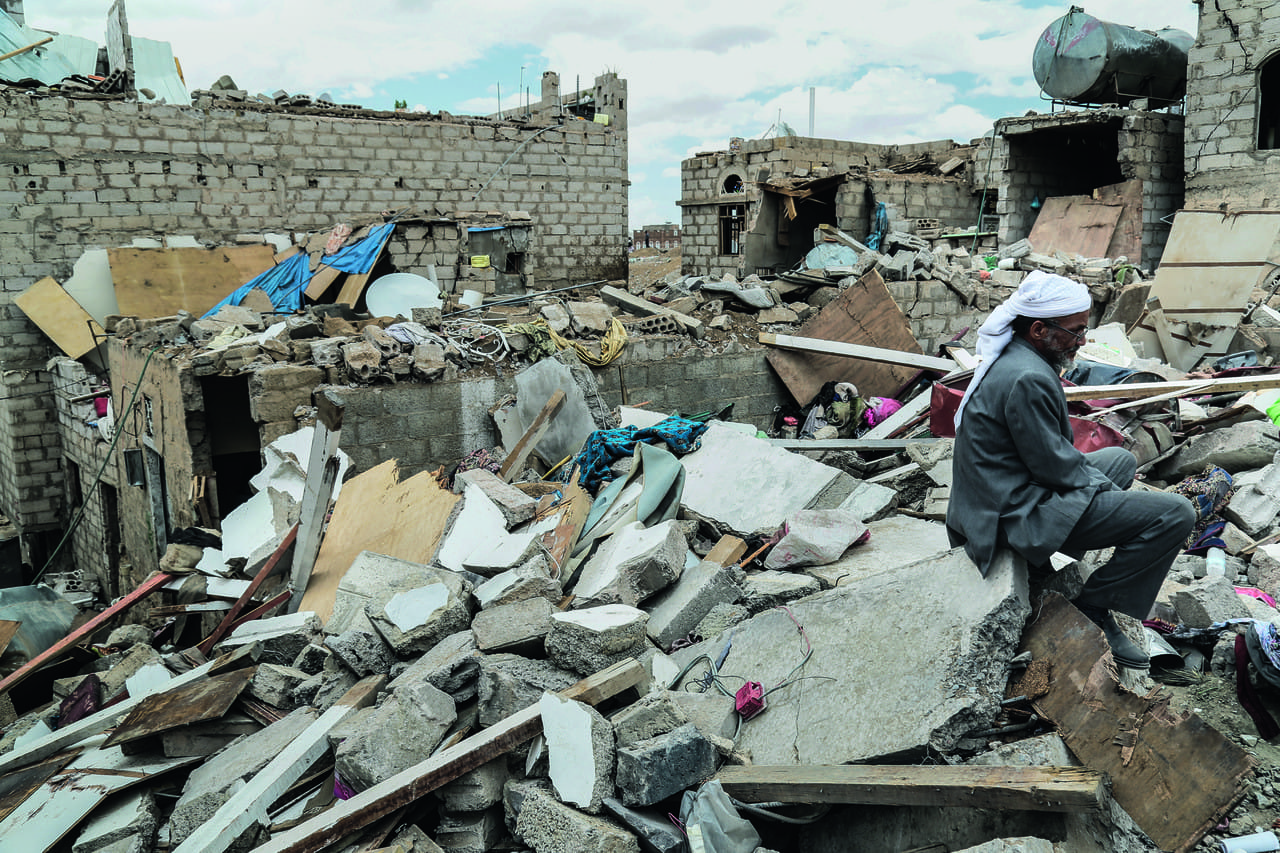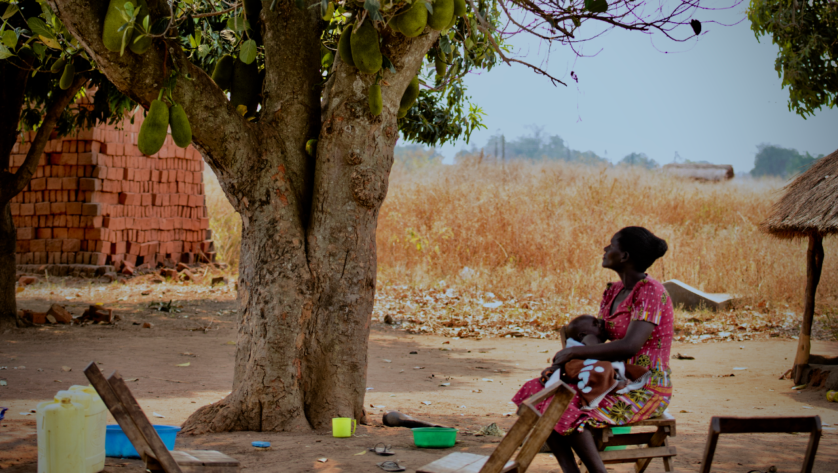Denial of humanitarian relief to civilian populations. Indiscriminate shelling. Hostage-taking. Torture.
These are just some of the visible trends seen in today’s conflicts that are causing great suffering, but also undermining the notion that wars have rules that must be obeyed.
As Peter Maurer, president of the ICRC, told the fourth meeting of states on strengthening compliance with international humanitarian law (IHL) in Geneva in April: “The current state of human suffering, and of humanitarian needs caused by armed conflicts around the world, would be far lower if international humanitarian law were properly implemented by the parties on the ground.”
The problem is there is a big difference between what is called for under international humanitarian law and what often happens on the ground. Or as Maurer put it during the meeting in Geneva: “There is — still — an overwhelming implementation gap.”
Bridging that gap is not an easy task, however. Today’s conflicts have become increasingly complex and less international in nature with a greater number of those engaged in fighting belonging to what are often referred to as ‘non-state’ armed groups.
Although they are still bound by international humanitarian law, some of these armed groups may have limited knowledge of its rules — while others reject them outright or ignore them in practice.
States meanwhile also often violate the letter and spirit of IHL in their battles against such armed groups. In either case, this can lead to unspeakable civilian suffering and the prevention of assistance and protection to affected populations.
In terms of addressing alleged violations of IHL there is also a wide gap. Under the Geneva Conventions and Additional Protocol I, there are three potential mechanisms which a state party to an international armed conflict can trigger with respect to its adversary.
Developed at a time when most conflicts were international disputes between states, they have rarely been put into action and it is even less likely today, given that most armed conflicts involve states and one or more non-state armed groups.
Thus, as Maurer further noted, “The IHL mechanisms provided for in the Geneva Conventions and Additional Protocol I have proven unable to contribute to filling the implementation gap.”
 Red Cross Red Crescent magazine
Red Cross Red Crescent magazine 






 Tech & Innovation
Tech & Innovation Climate Change
Climate Change Volunteers
Volunteers Health
Health Migration
Migration